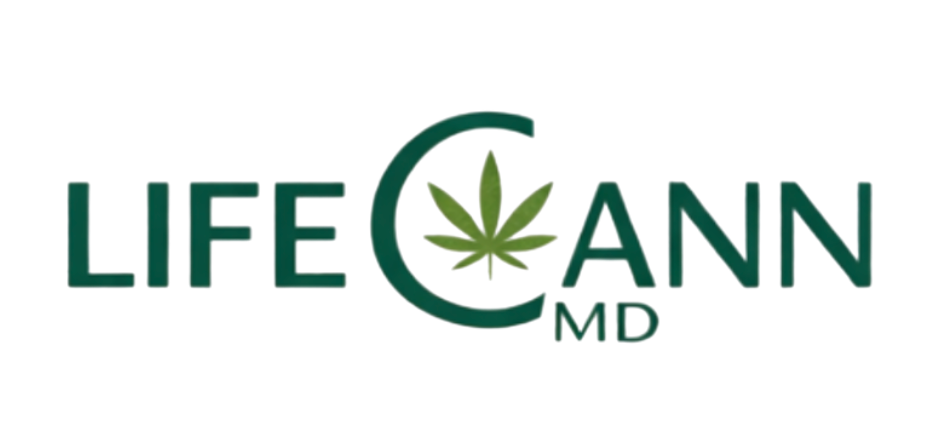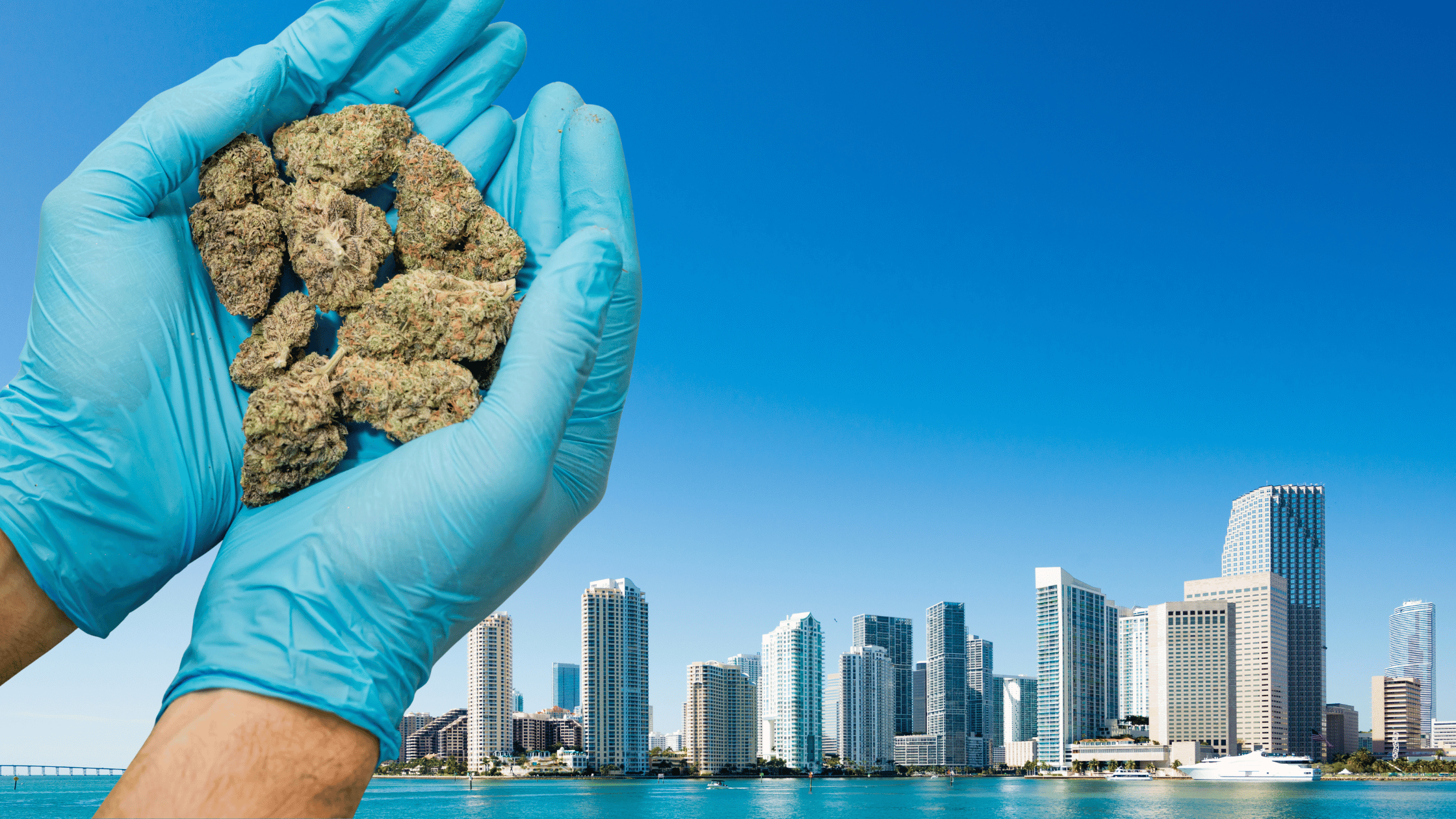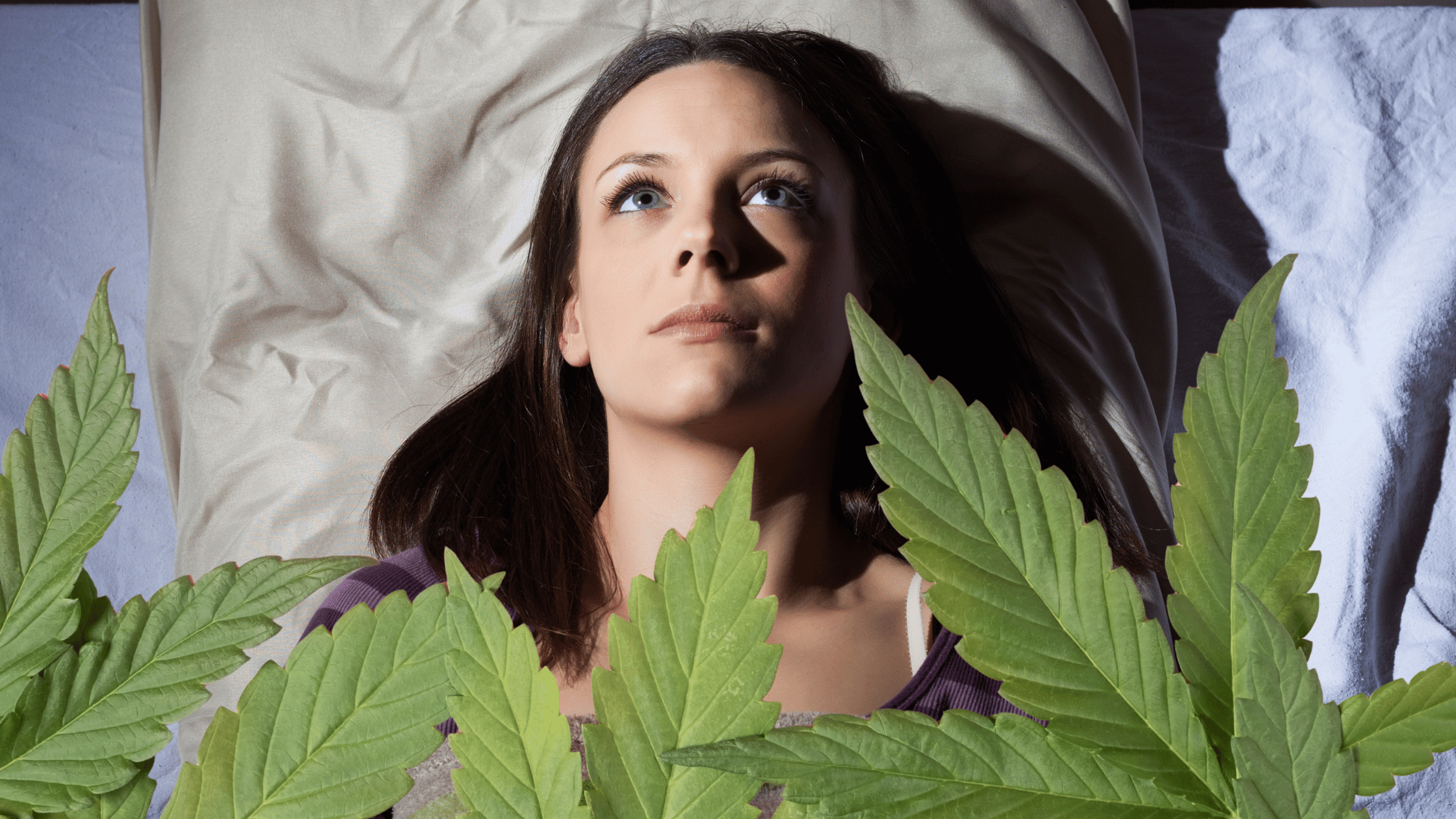
Though medical marijuana is legal in the state of Florida, it is wise to be fully cognizant of the exact laws and legal ramifications surrounding its use. Bear in mind that on the federal level, marijuana or cannabis is still classified as a Schedule I controlled substance. This means that on a federal level, marijuana is not considered to have medicinal value but is an addictive drug.
So how has it come to be that Florida physicians are able to give patients that qualify a “recommendation” for Medical Marijuana?
It started in June of 2014, when Florida became the 22nd state to partially legalize access to medical marijuana through the Compassionate Medical Cannabis Act of 2014. It made it possible for patients suffering from the debilitating effects of cancer, epilepsy, or other such conditions could use cannabis products containing low-dose THC – and recommended by a licensed doctor – to treat their symptoms via the Compassionate Use Registry. Senate Bill 1700 was also signed in order to protect the privacy of doctors recommending MMJ.
Two years later, in 2016, State Bill 307 opened up access to full-strength MMJ to patients who were determined by two separate doctors to be terminally ill and have less than a year to live. Later that year, 71% of Florida voters approved the Florida Medical Marijuana Legalization Initiative. It was at that point that full MMJ treatment was legalized.
The next year, a special legislative session passed Senate Bill 8A, known as “the Medical Use of Marijuana Act” This set forth the rules which would make MMJ available to qualifying patients. Additionally, the Office of Medical Marijuana Use was established by the Florida Department of Health to make sure the rules were implemented correctly. At that point, the Compassionate Use Registry was changed to the Medical Marijuana Use Registry.
Tenants of Senate Bill 8A include:
The definition of Cannabis includes all parts of the plant “and every compound, manufacture, salt, derivative, mixture, or preparation of the plant or its seeds or resin, including low-THC cannabis, which are dispensed from a medical marijuana treatment center for medical use by a qualified patient.”
Low-THC cannabis is defined by Florida law as containing .8% or less THC – and more than 10% CBD.
Medical marijuana treatment centers (MMTCs or dispensaries) are licensed facilities that “ensure reasonable statewide accessibility and availability as necessary for qualified patients” – IE patients can only obtain Medical Marijuana at Medical Marijuana Treatment Centers. Additionally, only state-registered medical marijuana patients may shop in Florida dispensaries.
Both full-time and seasonal Florida residents who suffer from a qualifying medical condition may obtain an MMJ card. However, in order to qualify, patients have to be diagnosed by a certified physician.
Qualifying conditions are as follows: ALS, Cancer, Crohn’s, Epilepsy, Glaucoma, HIV/AIDS, MS, Parkinson’s, or PTSD. That said, other “diagnosable, debilitating conditions of like, kind, or class” can also be treated with Medical Marijuana. Examples include anxiety, migraines, and those suffering from chronic pain.
Licensed Florida doctors who are either allopathic or osteopathic physicians must take an annual course and exam administered by the Florida Medical Association or the Florida Osteopathic Medical Association in order to recommend MMJ to their patients.
MMJ patients may not drive with medical marijuana and may not drive with MMJ across state lines. MMJ Patients can only drive with MMJ if their product(s) is contained in the original packaging. In-vehicle use is strictly prohibited. “Medical marijuana use and/or administration is strictly prohibited on any form of public transportation” – IE buses, aircraft, trains, and boats.
Additionally, MMJ patients may not use their products in “public places” such as state correctional institutions, school grounds, parks, etc.
Employers are not required to let their employees who may be MMJ patients use medical marijuana on-premises – in fact; employees may be subject still to drug tests.
“This section does not limit the ability of an employer to establish, continue, or enforce a drug-free workplace program or policy. This section does not require an employer to accommodate the medical use of marijuana in any workplace or any employee working while under the influence of marijuana.”
Other notable laws:
- Florida Statute 381.987, states that the Department of Health will only allow access to confidential information in the Medical Marijuana Use Registry to law enforcement agencies that are “investigating a violation of the law regarding marijuana in which the subject of the investigation claims a medical marijuana exception.”
- Florida Medical Marijuana patients qualify for concealed weapons permits.
- The Department of Agriculture and Consumer Services issues licenses to applicants who do “not chronically and habitually use alcoholic beverages or other substances to the extent that his or her normal faculties are impaired.” However, Fried contends that Medical Marijuana is “just like taking any other medicine….if you have your medical marijuana card, then there’s no issue.”
LifeCannMD and its qualified team can help patients navigate the provisions of obtaining an MMJ card legally and following the proper guidelines to reap the many health and wellness benefits of MMJ.
Florida’s top-rated Medical Marijuana referral clinic has served over 5,000 satisfied patients. For more information, please visit www.lifecannmd.com, email health@lifecannmd.com or call (833) 543-3226.


